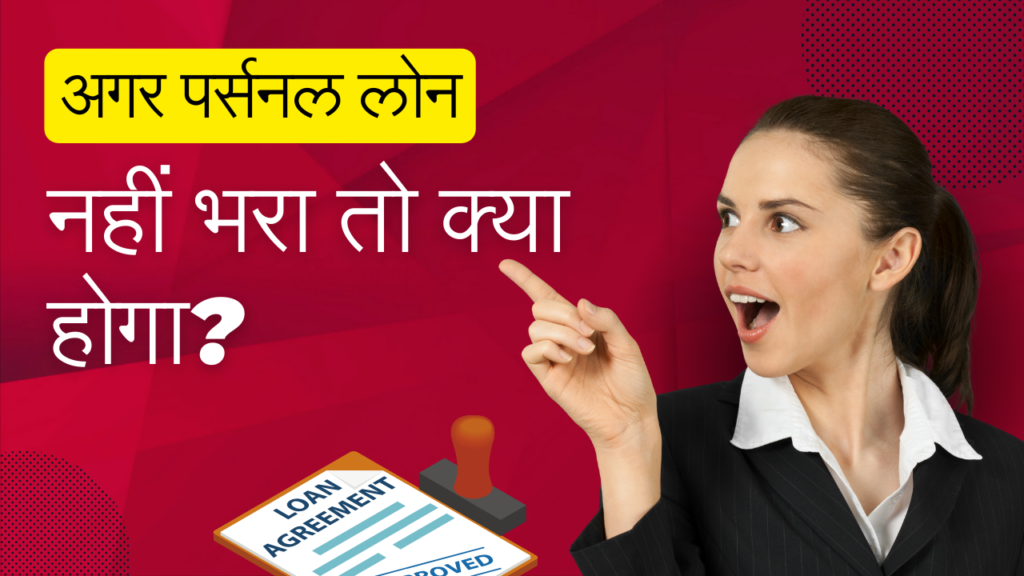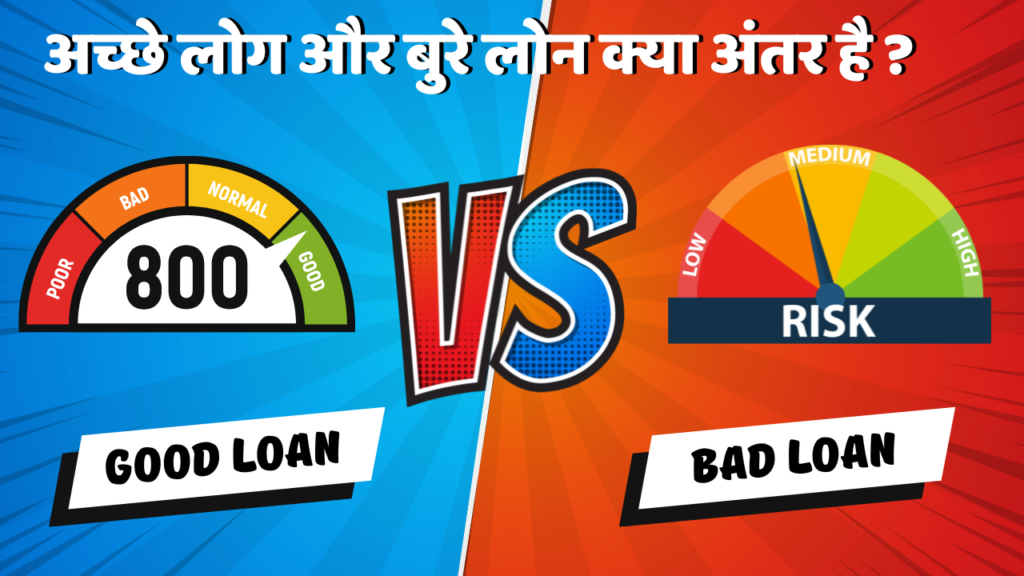Running a business comes with its fair share of financial challenges, and taking a business loan can help bridge financial gaps. However, sometimes businesses face cash flow issues, market fluctuations, or other financial difficulties that make it difficult to continue regular payments on loans. In such situations, settling your Union Bank of India Business Loan can be a viable option. Loan settlement involves negotiating with the bank to repay a portion of the outstanding loan amount and close the account. This guide will walk you through the process of settling your Union Bank of India business loan, providing tips on how to navigate the process, the impact on your credit score, and key considerations.
What is Business Loan Settlement?
Business loan settlement is a process where a borrower who is unable to repay the full amount of a loan negotiates with the bank to pay a reduced amount as a lump sum to settle the debt. This option is typically available when the borrower is experiencing financial distress. After the settlement, the loan account is closed, but it is marked as “settled” in your credit report, which may have an impact on your credit score.
When Should You Consider Settling Your Business Loan?
Settling a business loan should be considered when:
- Financial Distress: Your business is struggling with cash flow, and it has become difficult to make regular loan repayments.
- Multiple Missed Payments: You have missed several loan instalments and accumulated penalties, making it hard to repay the full amount.
- Debt Overload: Your business is burdened by multiple debts, and paying off the full loan amount seems impossible.
- Legal Action Threat: The bank has initiated recovery procedures or threatened legal action due to unpaid loans.
Settlement should only be used as a last resort, as it has long-term consequences for your financial standing and creditworthiness.
Step-by-Step Guide to Settle Union Bank of India Business Loan
Step 1: Review Your Financial Status
Before initiating the settlement process, evaluate your financial situation thoroughly. You should:
- Calculate Your Outstanding Debt: Determine the total amount you owe, including principal, interest, and any penalties.
- Assess Available Funds: Know how much you can afford to pay as a lump sum to settle the loan.
- Business Performance: Review your business’s current cash flow and future projections to ensure you can manage the settlement.
Being prepared with these details will help you during negotiations with the bank.
Step 2: Contact Union Bank of India’s Loan Recovery Department
Once you have a clear understanding of your financial standing, you can approach the loan recovery department of Union Bank of India. Here’s what you need to do:
- Submit a Settlement Request: Write a formal letter to the bank explaining your financial hardships and request a loan settlement.
- Provide Supporting Documents: Include financial statements, revenue reports, and other documents showing your inability to continue with regular loan payments.
The bank will review your request and assess whether settlement is a feasible option.
Step 3: Negotiate the Settlement Amount
After reviewing your case, the bank will likely offer a settlement amount, which is typically a percentage of the total outstanding loan amount (usually between 50% and 80%). During negotiations, consider the following:
- Ask for Penalty Waivers: Request the bank to waive penalties and additional charges that have accumulated due to missed payments.
- Offer an Affordable Lump-Sum Payment: Propose an amount that you can realistically pay as a lump sum to settle the loan.
- Negotiate for Lower Interest Rates: If possible, negotiate to reduce the interest that has accrued on the loan.
The goal is to reach an agreement where both parties are satisfied. Ensure you are clear on the terms and conditions before moving to the next step.
Step 4: Finalize and Sign the Settlement Agreement
Once the settlement amount is agreed upon, make sure to:
- Obtain a Written Agreement: The settlement should be formalised in writing, with all terms and conditions clearly mentioned.
- Verify the Agreement’s Content: The agreement should include the total settlement amount, payment deadline, and confirmation that the loan will be closed after payment.
Having everything in writing ensures there are no future disputes or misunderstandings.
Step 5: Make the Payment and Obtain a No-Dues Certificate
After making the payment, request the bank to:
- Issue a No-Dues Certificate: This certificate serves as proof that you have settled the loan and no further dues remain.
- Update Your Credit Report: Ensure that the settlement is reflected accurately in your credit report as “settled” and not as an open or defaulted loan.
The No-Dues Certificate is crucial for your records and for future financial transactions.
Effects of Loan Settlement on Credit Score
One of the most significant downsides of settling a loan is the impact it has on your credit score. Here’s what happens:
- Credit Report Notation: After settlement, your loan will be marked as “settled” rather than “paid in full.” This indicates that you did not repay the entire loan amount, which is a red flag for future lenders.
- Lower Credit Score: Loan settlement usually results in a significant drop in your credit score, which can affect your ability to secure new loans or lines of credit.
- Long-Term Consequences: The settlement remains on your credit report for up to seven years, which can make it difficult to get favourable loan terms in the future.
Therefore, loan settlement should only be considered after exploring other alternatives.
Alternative Options to Loan Settlement
Before deciding to settle your Union Bank of India business loan, consider these alternatives:
Loan Restructuring
You can request the bank to restructure the loan by extending the repayment term, lowering the interest rate, or offering a moratorium period.
Refinancing
Explore the option of refinancing the loan with another lender at more favourable terms. This can help you manage repayments more easily.
Debt Consolidation
If you have multiple loans, consolidating them into one loan with a lower interest rate can ease the financial burden.
Important Points to Consider Before Settling
- Impact on Future Borrowing: Settling a loan can make it difficult to get new loans or credit cards for several years.
- Lump-Sum Payment Requirement: Make sure you have the financial capacity to make the one-time payment required for settlement.
- Seek Professional Help: Consult a financial advisor or legal expert to ensure that settling the loan is the best option for your situation.
Conclusion
Settling your Union Bank of India business loan can provide much-needed relief if your business is struggling with repayments. However, it is important to weigh the long-term consequences of settlement, especially its effect on your credit score and future borrowing capacity. Before opting for settlement, explore alternatives such as loan restructuring or refinancing.
If settlement is your only option, follow the outlined steps—assess your financial situation, negotiate with the bank, secure a written agreement, and obtain a No-Dues Certificate. With careful planning and responsible action, you can close your business loan with minimal impact on your financial future.
Frequently Asked Questions (FAQ’s)
Ans: Loan settlement is typically considered when the borrower has defaulted or missed several payments. If you haven’t defaulted yet, the bank may offer restructuring options instead.
Ans: The settlement amount usually ranges from 50% to 80% of the outstanding loan, depending on your financial situation and the bank’s policies.
Ans: Settling a loan lowers your credit score since it indicates you didn’t repay the loan in full. This negative impact can last for up to seven years on your credit report.
Ans: If you don’t settle or repay your loan, the bank may take legal action to recover the debt, which could include seizing assets or initiating legal proceedings.
Ans: Yes, you can negotiate the settlement amount. The bank will review your financial situation and propose a settlement amount, which you can counter with a lower offer.













